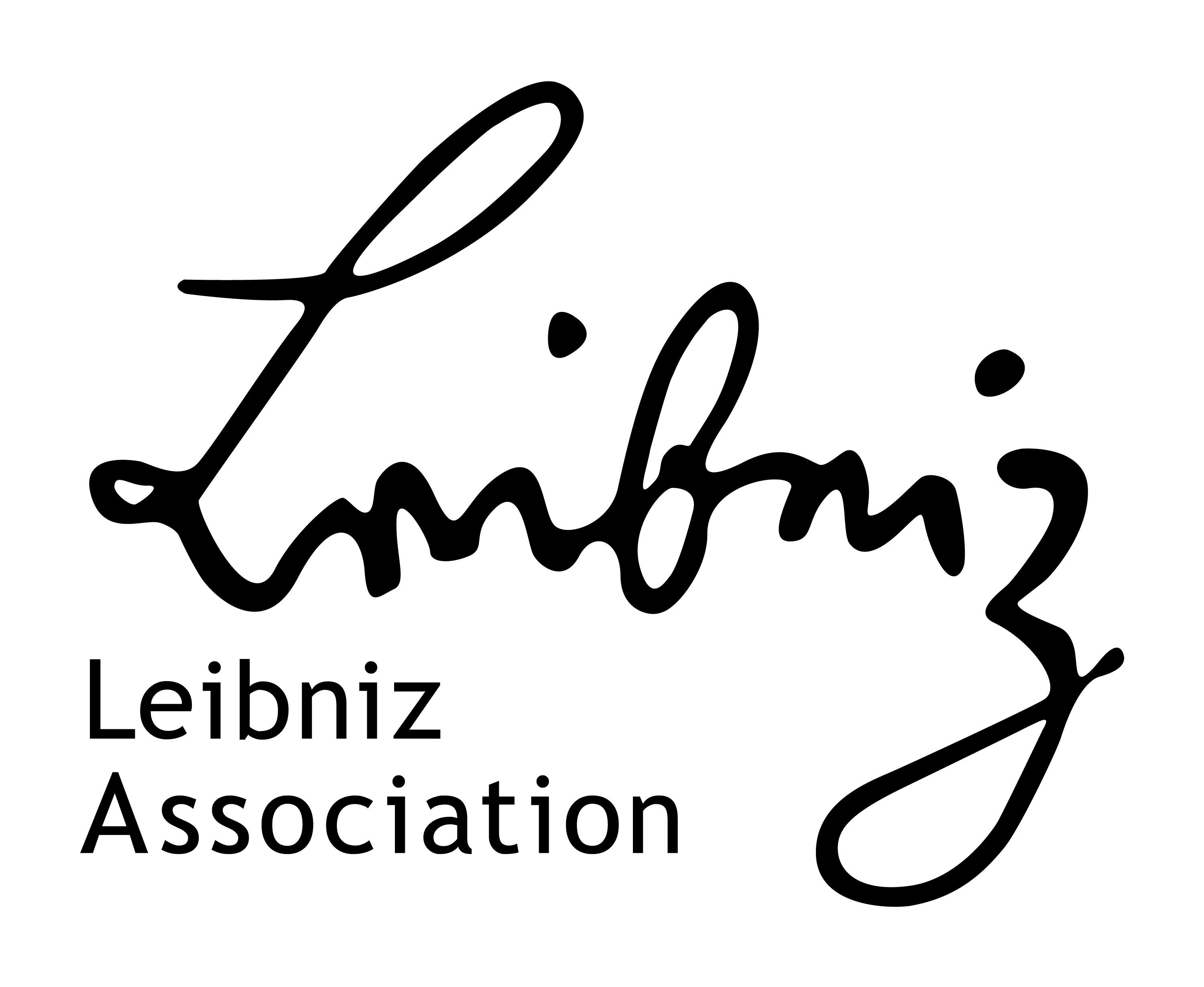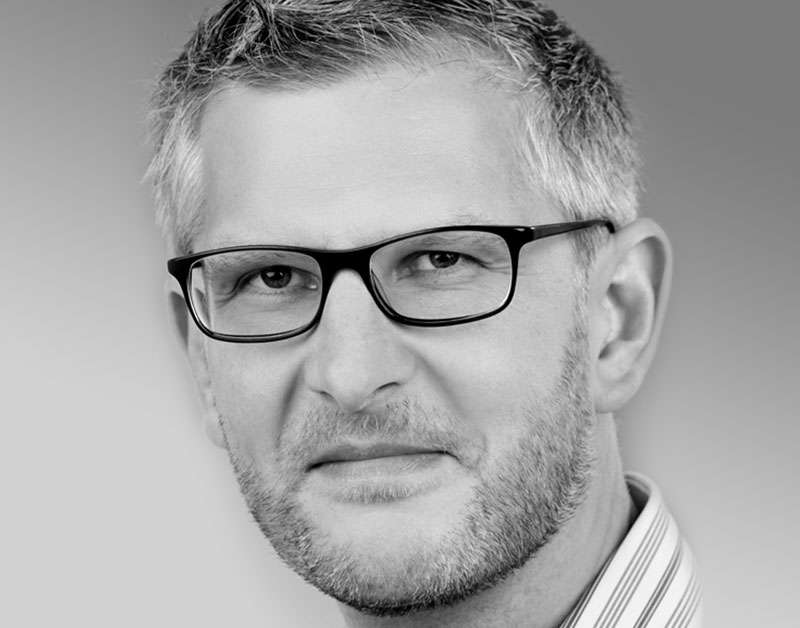Dr. Elena Andres, Postdoc I Email: elena.andres@lir-mainz.de
Ajna Jansson, PhD student I Email: ajna.jansson@lir-mainz.de
Dogukan Koc, PhD student I Email: d.koc@erasmusmc.nl
Maximilian Lückel, PhD student I Email: maximilian.lueckel@lir-mainz.de
Frédérique Maas, PhD student I Email: frederique.maas@lir-mainz.de
Dr. Benjamin Meyer, Postdoc I Email: benjamin.meyer@lir-mainz.de
Dr. Lara Puhlmann, Postdoc I Email: lara.puhlmann@lir-mainz.de
Papoula Petri-Romao, PhD student I Email: papoula.petri-romao@lir-mainz.de
Dr. Kenneth S.L. Yuen, Postdoc I Email: kenneth.yuen@lir-mainz.de
Lisanne van Houtum, Postdoc I Email: l.vanhoutum@erasmusmc.nl
Matthias Zerban, PhD student I Email: matthias.zerban@lir-mainz.de
We explore basic mechanisms of resilience in humans at the cognitive and neurofunctional levels and aim to formulate a comprehensive and unifying theory of resilience. We base this on a dynamic concept of resilience, which sees resilience as the result of an adaptation process to stressors. Thus, important tools are observational (MARP, LORA, DynaM-OBS, DynaCORE-L) and interventional (DynaM-INT, RESPOND, PHASR-PP) prospective longitudinal studies in which changes in biological and psychological functions are considered over time and as a function of stressor exposure and in their importance for the maintenance of mental health. Another important tool is computational analysis and modeling of these data sets. In addition, using methods from experimental psychology, brain imaging (MRI), brain stimulation (TMS, TUS), pharmacology, and psychophysiology, we are conducting laboratory studies on the cognitive and neural bases of identified resilience mechanisms such as extinction and cognitive emotion regulation.
- Longitudinal study "Longitudinal Resilience Assessment" (LORA)
- Longitudinal study "Mainz Resilience Project" (MARP)
- EU Horizon consortial project "Running in the Family" - understanding and predicting the intergenerational transmission of mental illness" (FAMILY)
- DEPARTMENTS OF DEFENCE AND VETERANS' AFFAIRS consortium project, Australia "A multi-system approach to needs and resilience resource profiling in the context of maritime operations"
- ERA-NET-Neuron consortial project "Pharmacological Augmentation of Stress Resilience - Proof-of-Principle" (PHASR-PP)
- Australian Research Council Discovery Project "Understanding Growth in Emotion Regulatory Flexibility in Emerging Adults"
- DFG project "Making extinction last: mechanistically understanding and causally probing the role of the ventromedial prefrontal cortex in extinction memory consolidation"
- Josep Maria Haro Abad, Psychiatry at University of Barcelona, Spanien
- Jose Luis Ayuso, Department of Psychiatry of Autonomous University of Madrid and La Princesa Teaching Hospital Madrid, Spanien
- Christian Beckmann, Radboud University Medical Centre (Radboudumc) · Department of Cognitive Neuroscience, Nijmegen, Niederlande
- Harald Binder, Institute for Medical Biometry and Informatics, University of Freiburg, Germany
- Richard Bryant, School of Psychology, University of New South Wales, Sydney, Australia
- Erno Hermans, Donders Institute, Radboud University Nijmegen, Netherlands
- Birgit Kleim, Institute of Psychology, University of Zurich, Switzerland
- Dorota Kobylinska, Faculty of Psychology, University of Warsaw, Poland
- Signe Mezinska, Faculty of Medicine, University of Latvia, Lettland
- Inez Myin-Germeys, Contextual Psychiatry, Catholic University Leuven, Belgium
- Andreas Reif, Department of Psychiatry and Psychotherapy, University Hospital, Goethe University Frankfurt a.M., Germany
- Karin Roelofs, Donders Institute, Radboud University Nijmegen, Netherlands
- Marit Sijbrandij, Faculty of Behavioural and Movement Sciences, Clinical Psychology, Free University of Amsterdam, Netherlands
- Jens Timmer, Institute for Physics, University of Freiburg, Germany
- Neeltje van Haren, Department of Child psychiatry at Erasmus MC Sophia Children’s Hospital Rotterdam, Niederlande
- Henrik Walter, Department of Psychiatry, Charité Berlin, Germany
- Monique Crane, School of Psychological Sciences, Macquarie University, Sydney, Australia
- Flurin Cathomas, Department of Psychiatry, University of Zurich, Switzerland
- Emma Sprooten, Radboud University Medical Centre (Radboudumc) · Department of Cognitive Neuroscience, Nijmegen, Niederlande
- Michael Plichta, Department of Psychiatry and Psychotherapy, University Hospital, Goethe University Frankfurt a.M., Germany
- Marta Marciniak, Erasmus School of Social and Behavioural Sciences, Erasmus University Rotterdam, Netherlands
- Ken-Ichiro Tsutsui, Graduate School of Life Sciences, Tohoku University, Sendai, Japan
- Katharina Schultebraucks, Data Science Institute at Columbia University, New York, USA
- Talma Hendler, Functional Brain Center, Tel Aviv University, Israel
- EU Horizon
- ERA-NET-Neuron
- DFG
Ahrens KF, Schenk C, Kollmann B, Puhlmann LMC, Neumann RJ, Schäfer SK, Reis D, Basten U, Weichert D, Fiebach CJ, Lutz B, Wessa M, Repple J, Lieb K, Tüscher O, Reif A, Kalisch R, Plichta MM (2024) Resilience to major life events: Advancing trajectory modeling and resilience factor identification by controlling for background stressor exposure. Am Psychol. 79(8):1076–91. doi: 10.1037/amp0001315. PMID: 39531708
>> Link to PubmedKalisch R, Russo SJ, Müller MB (2024) Neurobiology and systems biology of stress resilience. Physiol Rev. 104(3):1205–63. doi: 10.1152/physrev.00042.2023. PMID: 38483288; PMCID: PMC11381009
>> Link to PubmedAndres E, Chuan-Peng H, Gerlicher AMV, Meyer B, Tüscher O, Kalisch R (2024) Replication study on the role of dopamine-dependent prefrontal reactivations in human extinction memory retrieval. Nat Commun. 15(1):2699. doi: 10.1038/s41467-024-46936-y. PMID: 38538636; PMCID: PMC10973457
>> Link to PubmedAyash S, Lingner T, Ramisch A, Ryu S, Kalisch R, Schmitt U, Müller (2023) MB Fear circuit-based neurobehavioral signatures mirror resilience to chronic social stress in mouse. Proc Natl Acad Sci U S A. 120(17):e2205576120. doi: 10.1073/pnas.2205576120. Epub 2023 Apr 17. PMID: 37068238; PMCID: PMC10151471
>> Link to PubmedSchäfer SK, Kunzler AM, Kalisch R, Tüscher O, Lieb K (2022) Trajectories of resilience and mental distress to global major disruptions. Trends Cogn Sci. S1364-6613(22)00238-8. doi: 10.1016/j.tics.2022.09.017
>> Link to PubmedKalisch R, Köber G, Binder H, Ahrens KF, Basten U, Chmitorz A, Choi KW, Fiebach CJ, Goldbach N, Neumann RJ, Kampa M, Kollmann B, Lieb K, Plichta MM, Reif A, Schick A, Sebastian A, Walter H, Wessa M, Yuen KSL, Tüscher O, Engen H (2021) The Frequent Stressor and Mental Health Monitoring-Paradigm: A Proposal for the Operationalization and Measurement of Resilience and the Identification of Resilience Processes in Longitudinal Observational Studies. Front Psychol. 2021;12:710493. doi: 10.3389/fpsyg.2021.710493
>> Link to PubmedVeer IM, Riepenhausen A, Zerban M, Wackerhagen C, Puhlmann LMC, Engen H, et al (2021) Psycho-social factors associated with mental resilience in the Corona lockdown. Transl Psychiatry. 2021;11:67. doi: 10.1038/s41398-021-01226-4
>> Link to PubmedChmitorz A, Kurth K, Mey LK, Wenzel M, Lieb K, Tüscher O, Kubiak T, Kalisch R (2020) Assessment of microstressors in adults: Questionnaire development and ecological validation of the Mainz Inventory of Microstressors. JMIR Ment Health. 7(2):e14566. doi: 10.2196/14566
>> Link to PubmedKalisch R, Gerlicher AMV, Duvarci S (2019). A Dopaminergic Basis for Fear Extinction. Trends Cogn Sci 23(4):274-277.
>> Link to PubmedGerlicher AMV, Tüscher O, Kalisch R (2018) Dopamine-dependent prefrontal reactivations explain long-term benefit of fear extinction. Nat Commun. 9(1):4294. doi: 10.1038/s41467-018-06785-y. Erratum in: Nat Commun. 2019 Jan 23;10(1):471. doi: 10.1038/s41467-019-08399-4. PMID: 30327462; PMCID: PMC6191435
>> Link to PubmedSalinas-Hernández XI, Vogel P, Betz S, Kalisch R, Sigurdsson T, Duvarci S (2018) Dopamine neurons drive fear extinction learning by signaling the omission of expected aversive outcomes. Elife. 7:e38818. doi: 10.7554/eLife.38818. PMID: 30421719; PMCID: PMC6257816
>> Link to PubmedKalisch R, Baker DG, Basten U, Boks MP, Bonanno GA, Brummelman E, Chmitorz A, Fernàndez G, Fiebach CJ, Galatzer-Levy I, Geuze E, Groppa S, Helmreich I, Hendler T, Hermans EJ, Jovanovic T, Kubiak T, Lieb K, Lutz B, Müller MB, Murray RJ, Nievergelt CM, Reif A, Roelofs K, Rutten BPF, Sander D, Schick A, Tüscher O, Diest IV, Harmelen AV, Veer IM, Vermetten E, Vinkers CH, Wager TD, Walter H, Wessa M, Wibral M, Kleim B (2017) The resilience framework as a strategy to combat stress-related disorders. Nat Hum Behav. 1(11):784–90. doi: 10.1038/s41562-017-0200-8
>> Link to PubmedKalisch R, Müller MB, Tüscher O (2015) A conceptual framework for the neurobiological study of resilience. Behav Brain Sci. 38:e92. doi:10.1017/S0140525X1400082X
>> Link to PubmedHaaker J, Gaburro S, Sah A, Gartmann N, Lonsdorf TB, Meier K, Singewald N, Pape HC, Morellini F*, Kalisch R* (2013) Single dose of L-dopa makes extinction memories context-independent and prevents the return of fear. Proc Natl Acad Sci U S A. 110(26):E2428–36. doi: 10.1073/pnas.1303061110 (*equal contribution)
>> Link to PubmedRaczka KA, Mechias ML, Gartmann N, Reif A, Deckert J, Pessiglione M, Kalisch R (2011) Empirical support for an involvement of the mesostriatal dopamine system in human fear extinction. Transl Psychiatry. 1(6):e12. doi: 10.1038/tp.2011.10. PMID: 22832428; PMCID: PMC3309464
>> Link to Pubmed




